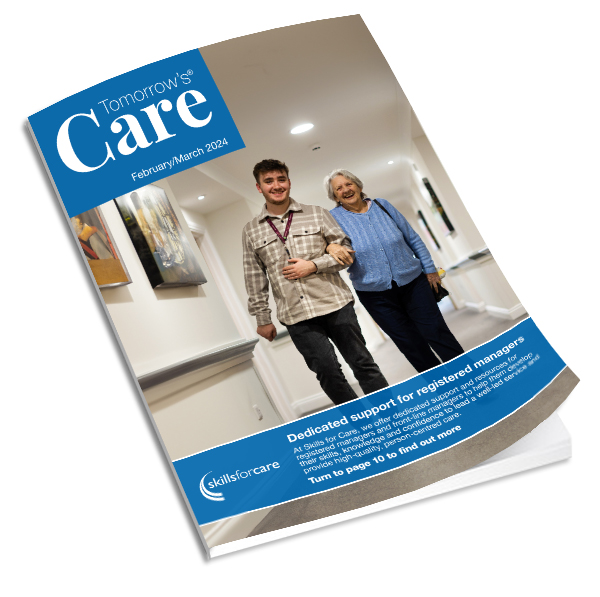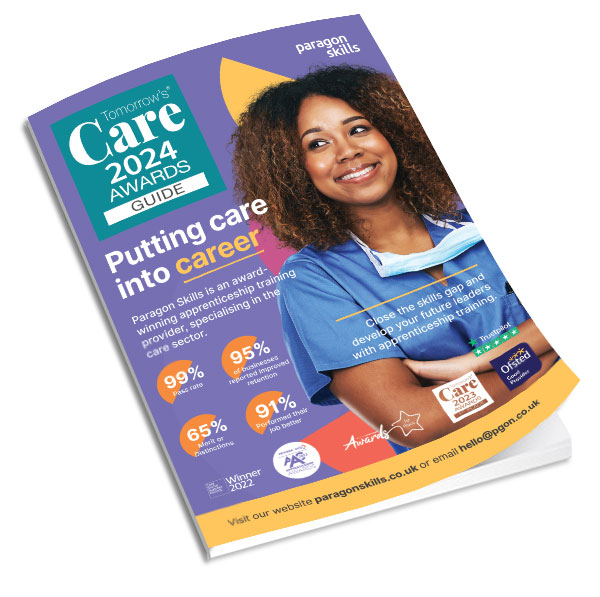- Home
- >
- Barker Commission
Increase taxes to fund social care, proposes Barker Commission

The bulk of additional funds needed to reshape the social care system should come from the public purse, according to a new report released by The King’s Fund.
The report, containing the final recommendations of the Barker Commission, is the first to make tangible recommendations for care reform. It calls on politicians of all parties to acknowledge the unsustainability of current funding for health and social care.
Among other recommendations, the report suggests that costs of social care should be shared between the private individual and the state, but with the taxpayer carrying a heavier load of that cost than at present.
This ‘partnership model’ would be phased in over time to provide fairer, more consistent entitlements to social care. This would include free care for all people whose needs are currently defined as ‘critical’ and, as the economy improves, free social care for those whose needs are found to be ‘substantial’.
Current spending on social care for older people stands at £6 billion. Proposed changes to provide free care for older people with critical and substantial need would require an additional £2.7 billion. This cost would rise to around £14 billion by 2025 – around £5 billion more than projections based on current entitlement.
The commission also proposes that health and social care should be moved to a single, ring-fenced budget for the NHS and social care, with a single commissioner for local services.
Commenting on the report, Chair of the Commission, Dame Kate Barker, said: “We have concluded, as others have before us, that our system is not fit to provide the kind of care we need and want. We propose radical change, greater than any since 1948, that would bring immense benefit to people who fall into the cracks between means-tested social care and a free NHS. This includes people at the end of life and those with dementia or other conditions where too often there is a conflict about who pays at the expense of what people need.”
Professor Chris Ham, Chief Executive of The King’s Fund, added: “The proposals as set out by the commission may not appeal to politicians fearful of commitments to greater public expenditure, but these issues cannot simply be ignored. The commission is clear – there is no ‘do nothing’ option.”
Highlighting that people with dementia and their carers are most likely to fall between the gaps of the ‘free’ NHS, Jeremy Hughes, Chief Executive at Alzheimer’s Society, commented: “Politicians will need to make tough choices about tax and spend to fill the huge financial hole in the already struggling social care system and find a long term solution to this growing crisis. The system needs to get it right for dementia, and then it will get it right for other conditions too.”
- CQC ratings
- Care home news
- Care jobs
- Care planning
- Care sector awards
- Care sector events
- Care sector news
- Care staff
- Charity
- Cleaning & Hygiene
- Construction
- Dementia
- Disability
- Entertainment
- Finance
- Fitness
- Food & Drink
- Fundraising
- Furniture
- Health & Safety
- Healthcare
- Hospice & Palliative Care
- Hospitals
- Industry Comment
- Interiors
- Laundry
- Legal
- Leisure
- Medication
- Mental Health
- Mobility
- New appointments
- PPE
- Products
- Property
- Recruitment
- Relationships
- Research
- Safeguarding
- Security
- Services
- Social care
- Sustainability
- Technology
- Training
- Transport
- Uniforms
- Waste
- Wearables

















